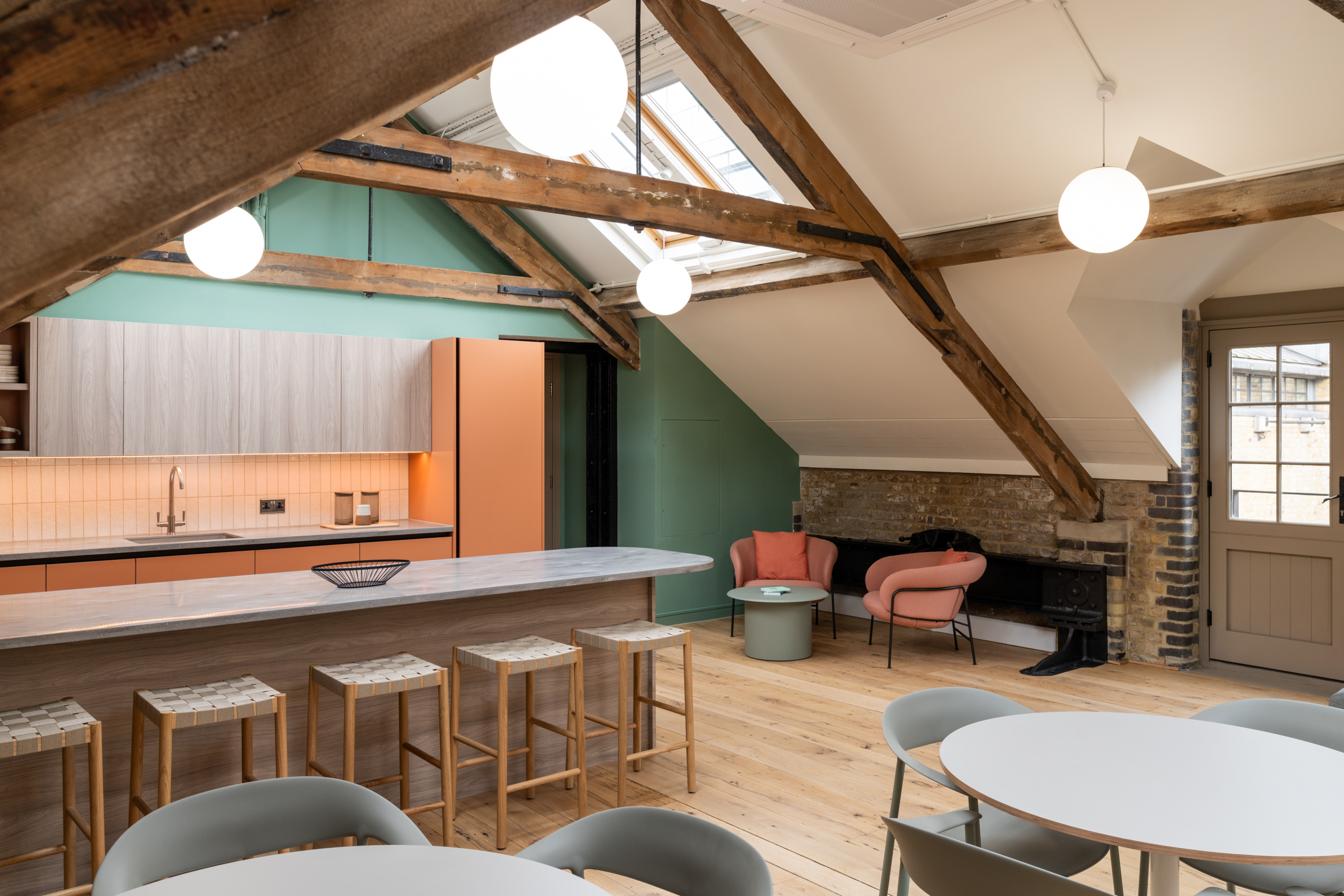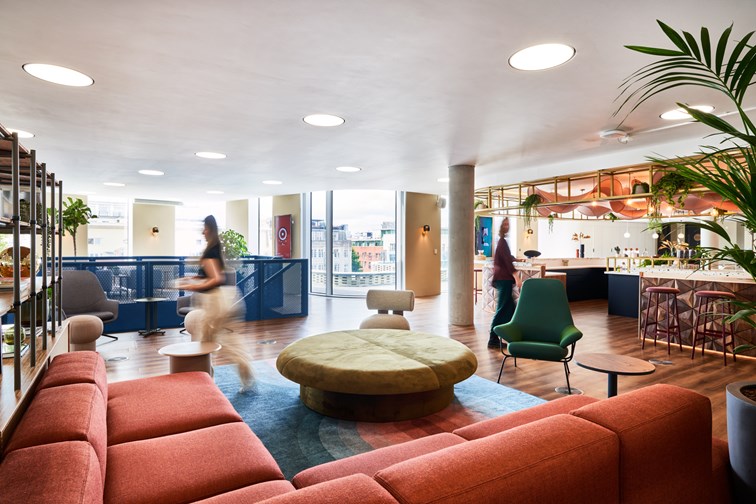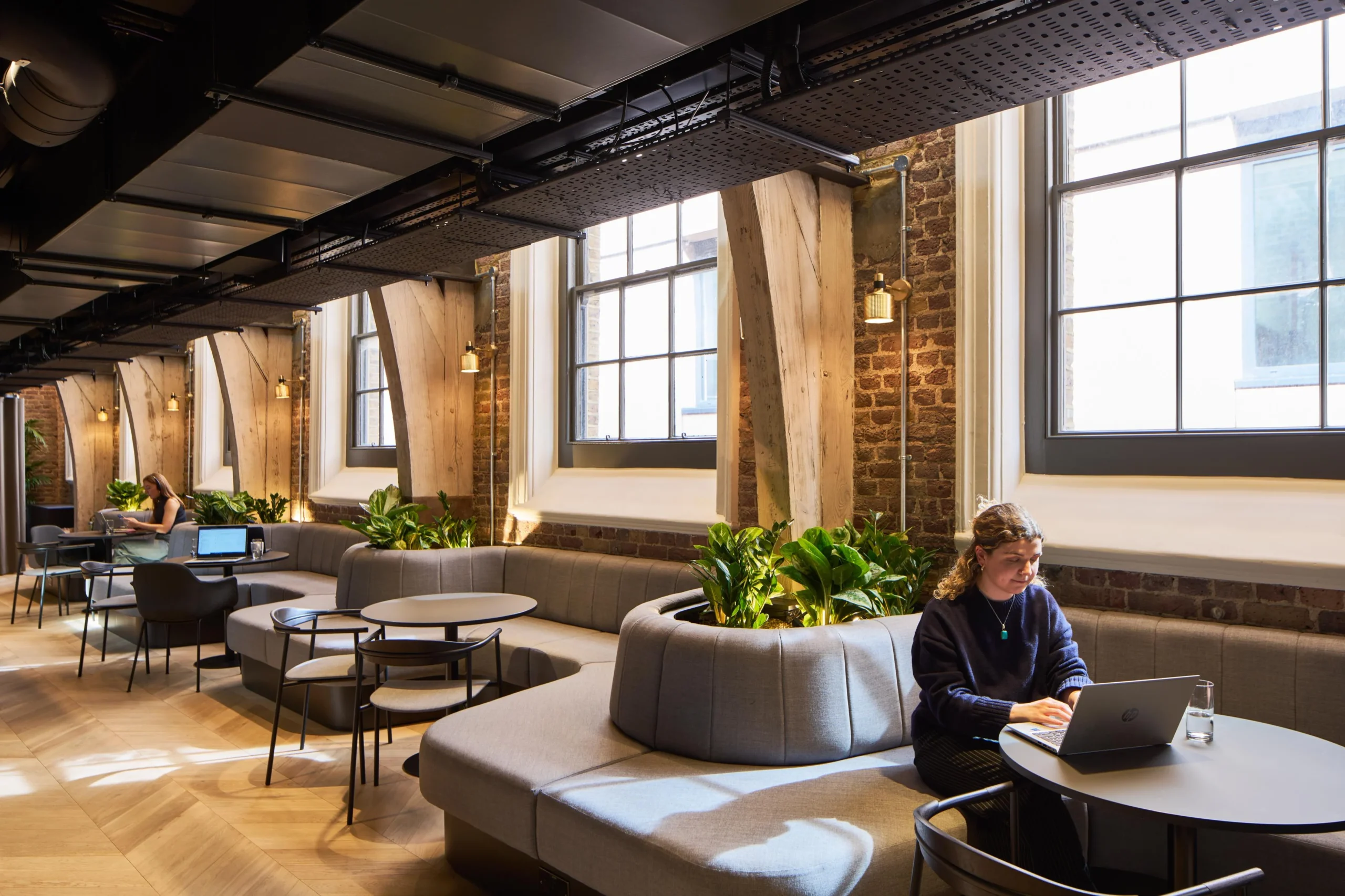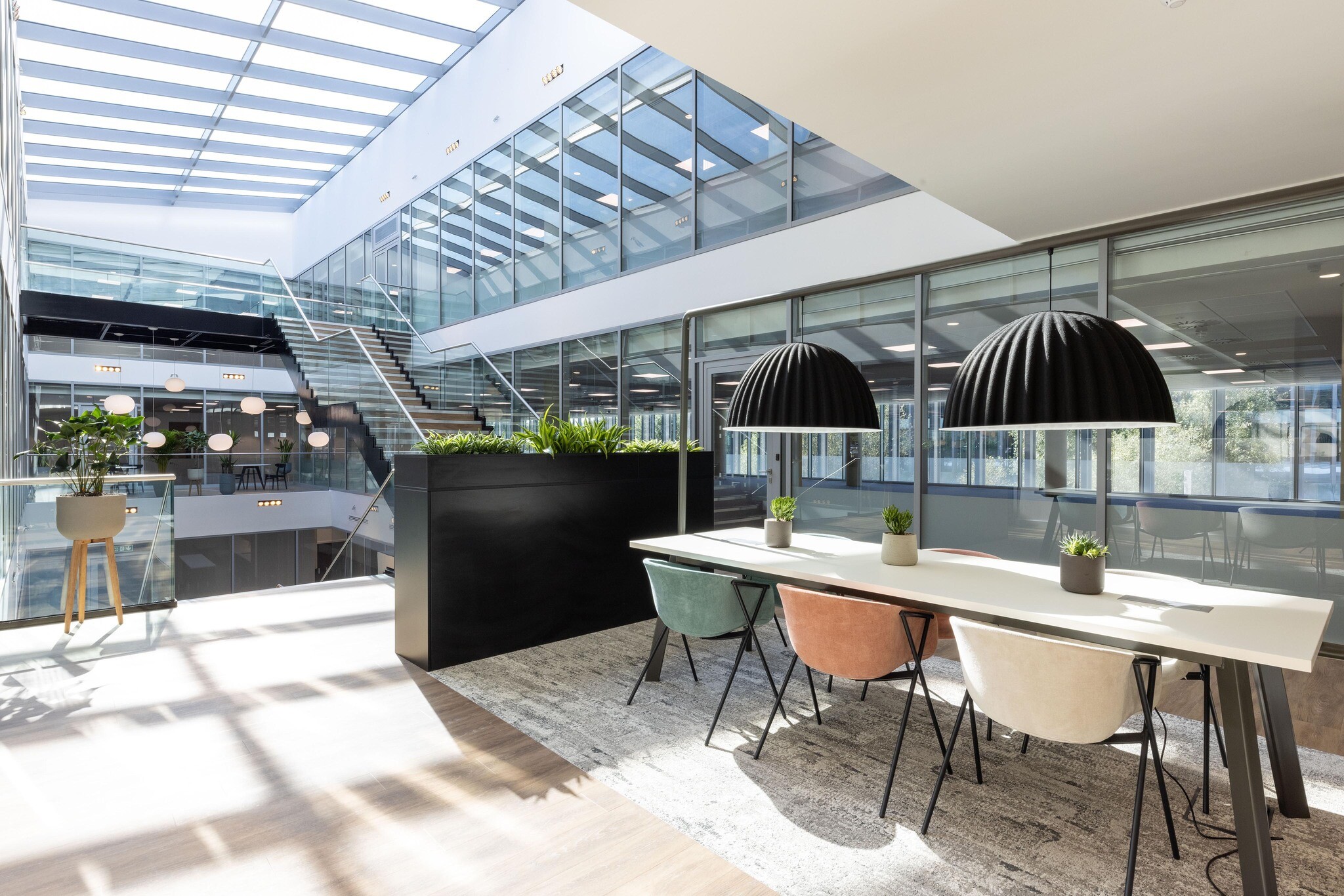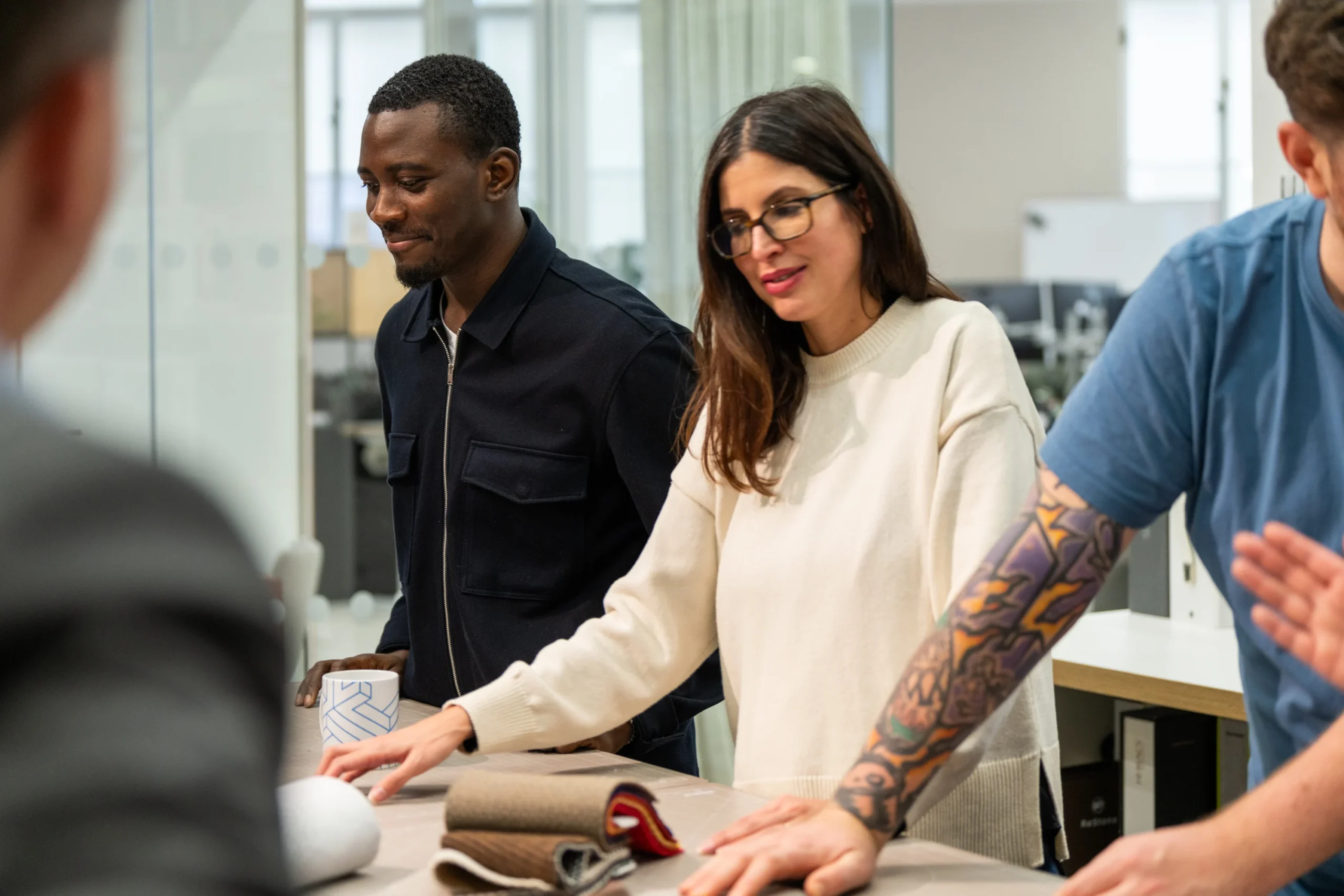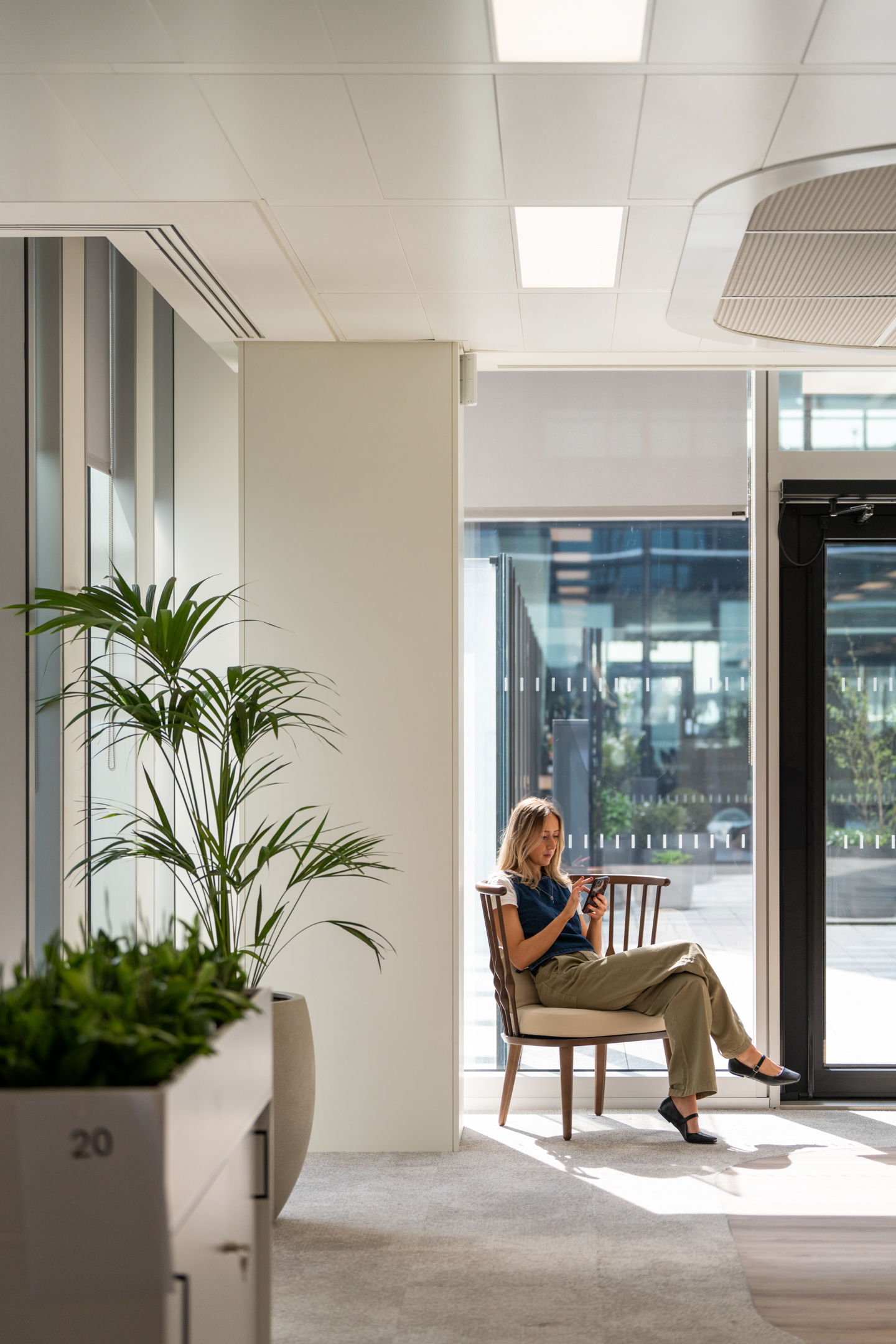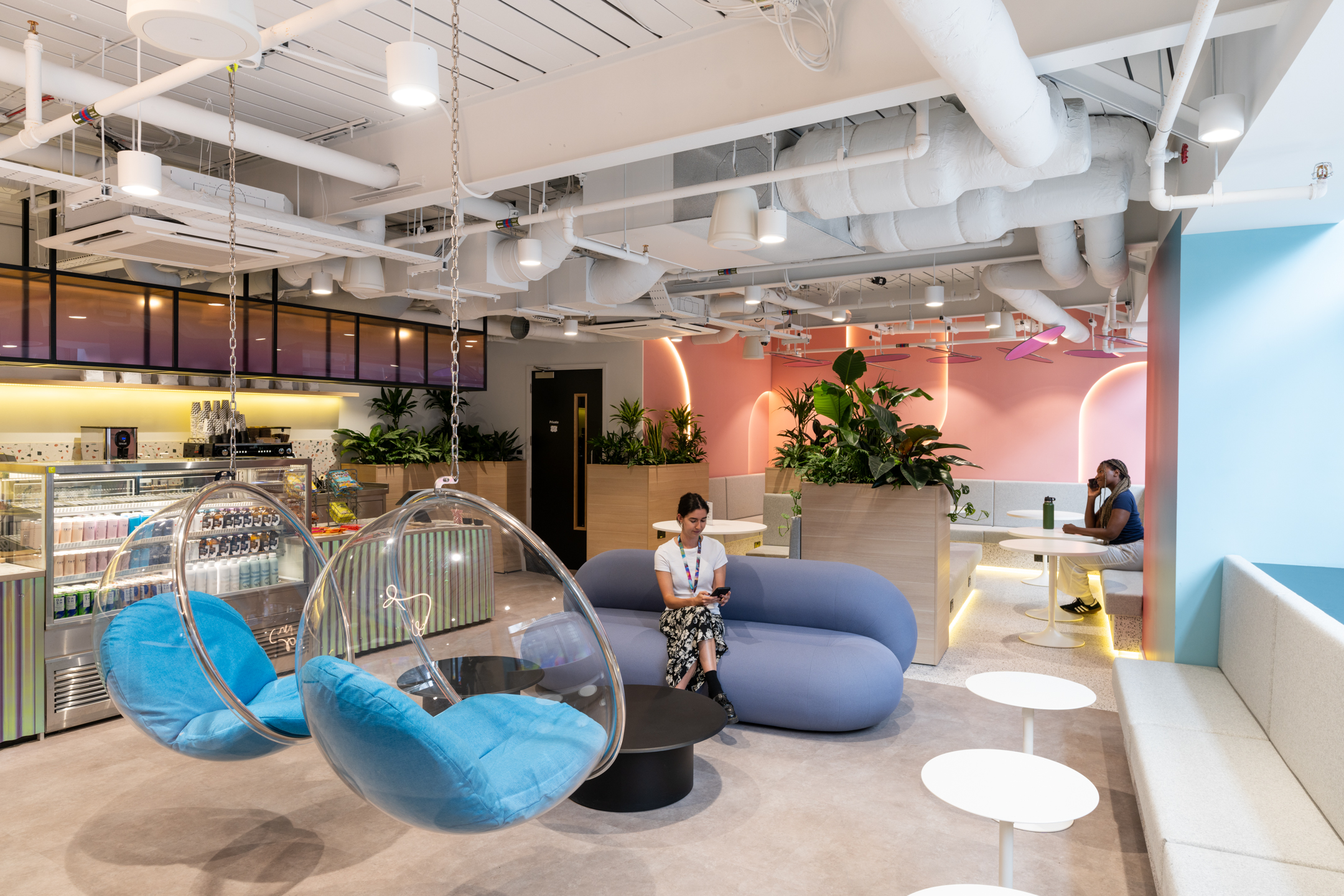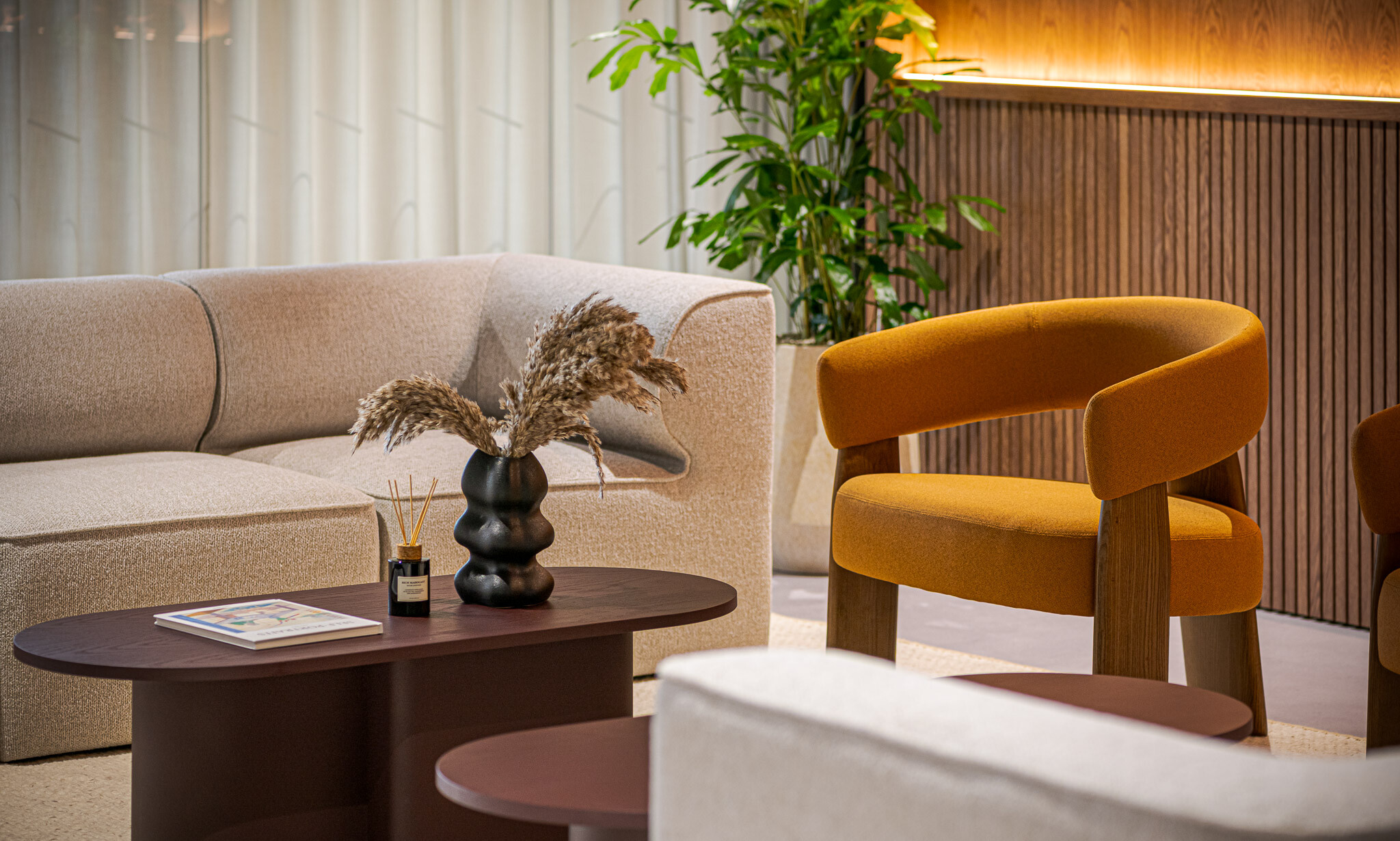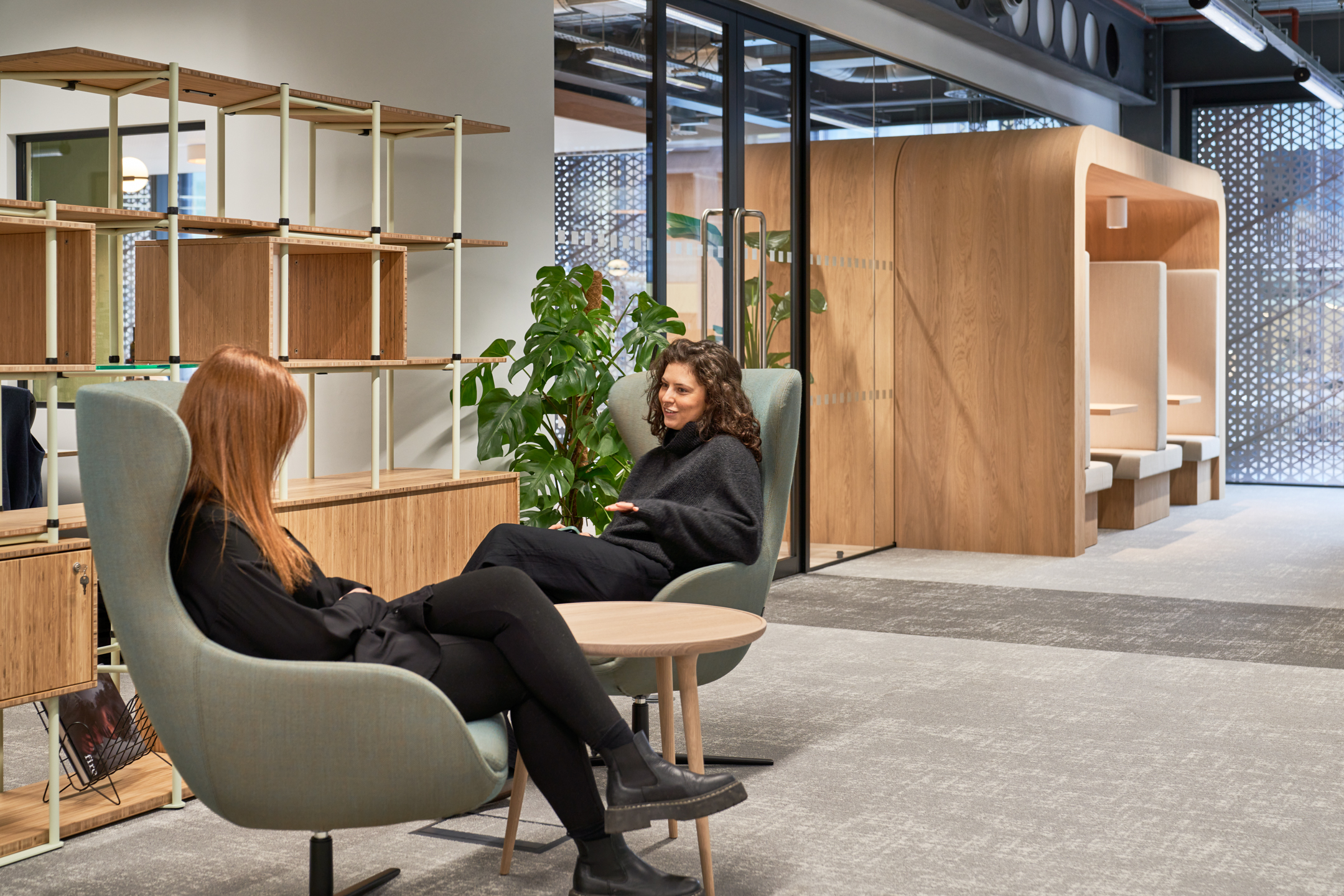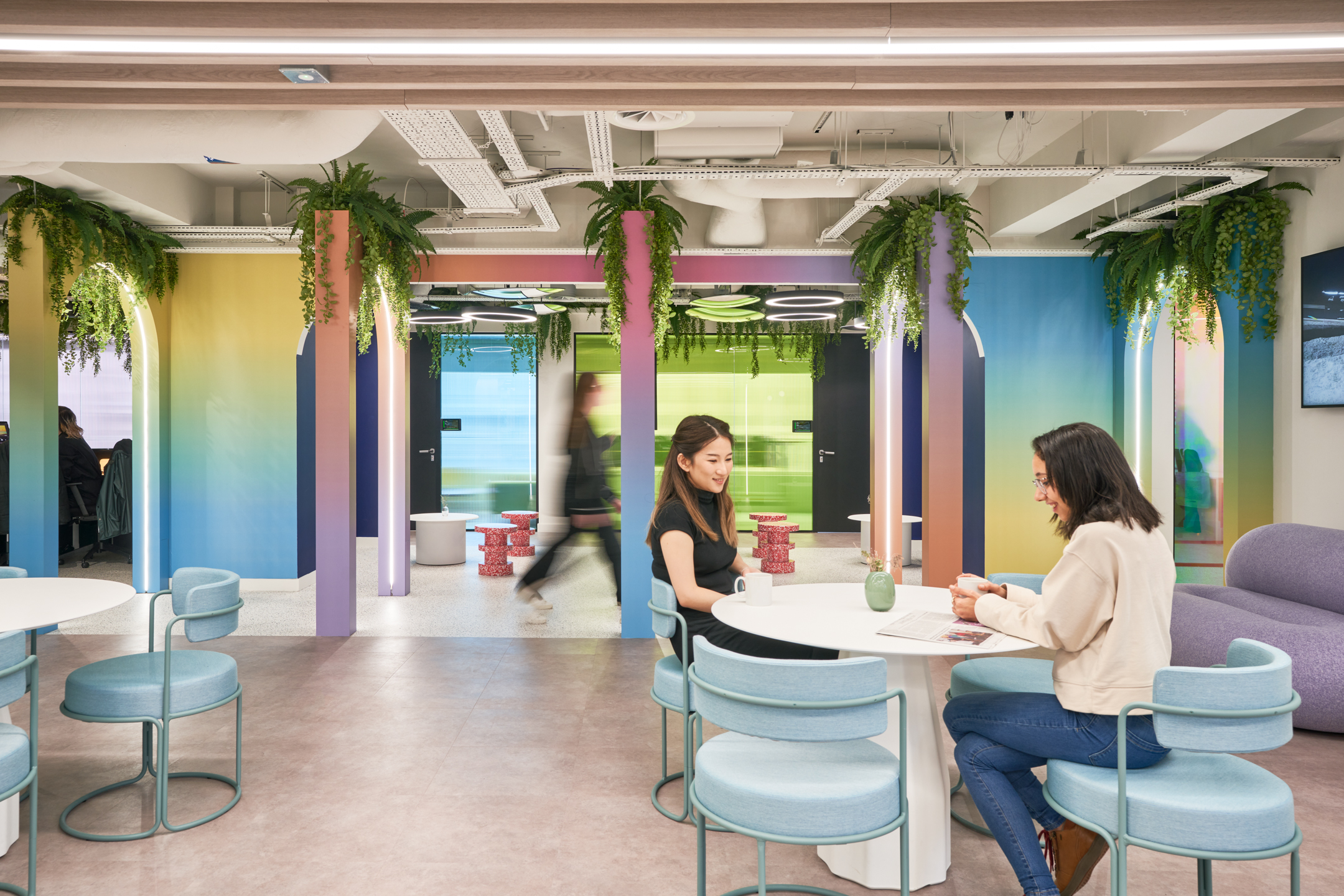How Sustainable Office Furniture Can Shape ESG Strategies
Furniture plays a significant role in creating sustainable and inclusive workspaces that align with Environmental, Social, and Governance (ESG) goals. ESG is increasingly influencing business decisions, shaping everything from investment strategies to office design.
According to a report from the North London Waste Authority, 22 million pieces of furniture in the UK end up in landfills each year, with few people considering repairs as an option. WRAP, The Waste and Resources Action Programme, estimates that 1.6 million tonnes of bulky waste, mainly furniture (42%) and textiles (19%), are discarded by UK households annually. Of this, 110,000 tonnes at Household Waste and Recycling Centres could be reused in their current condition, and around 51% could be reused with minor repairs. Choosing sustainable office furniture is a simple way businesses can reduce this impact.
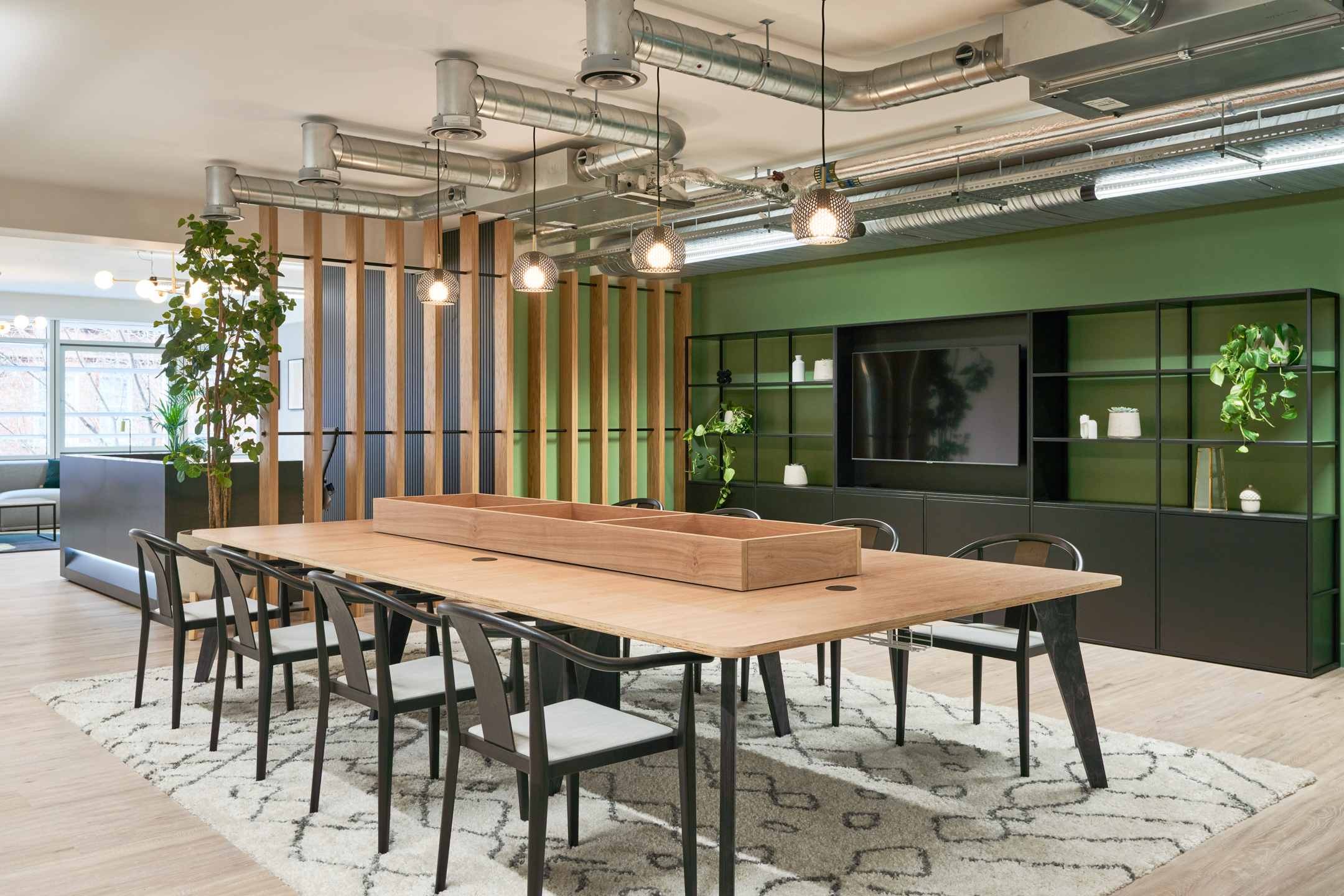
Environmental Responsibility
British Heart Foundation says a third of adults throw away furniture that could be recycled or reused, with 20% of young adults unaware of recycling or donation options. Reducing environmental impact is a core component of ESG goals, and sustainable office furniture choices can significantly support this. Opting for furniture made from eco-friendly materials, such as reclaimed wood, recycled metals, or sustainably sourced fabrics, helps minimise the depletion of natural resources. Choosing items designed for durability and modularity extends their lifecycle, reducing waste over time.
The circular economy approach is also gaining traction, where furniture is designed for disassembly, refurbishment, and reuse. This model ensures that materials can be recycled or repurposed at the end of a product’s life, diverting waste from landfills and lowering the overall carbon footprint. Investing in sustainable office furniture aligns long-term environmental benefits with business goals.
The HAY’s About a Chair AAC 12 is a brilliant example of sustainable thinking done well. The latest versions of this chair are made using post-consumer recycled plastic for the shell, and FSC-certified wood for the base. HAY’s recent move to integrate more recycled and responsibly sourced materials into its bestsellers is a clear sign of progress towards more sustainable manufacturing.
Being a part of the MillerKnoll collective has given HAY access to more rigorous sustainability standards, including clear carbon footprint tracking, GREENGUARD certifications, and more transparent lifecycle data. The AAC 12’s minimalist design also means fewer components and easier disassembly at end of life, ideal for businesses that want to adopt circular economy principles without compromising on aesthetics.
Social Impact
The social aspect of ESG focuses on enhancing the wellbeing and inclusivity of all employees. Sustainable office furniture can play a considerable role by supporting diverse needs and creating an environment that prioritises health and comfort. Ergonomic furniture, such as adjustable chairs and height-adjustable desks, accommodates different body types and preferences, reducing the risk of strain or injury, promoting a healthier workplace, and reducing absenteeism by 75%.
Inclusive design considerations are equally important. Ensuring that furniture is accessible to everyone, including those with disabilities, helps create an office environment where all employees feel valued and included. For example, providing seating options that cater to different mobility levels or desks that can be adjusted for wheelchair users ensures that the office layout is truly inclusive.
Creating a more inclusive and health-conscious workspace isn’t just about policies, it starts with the right furniture. The Senator Group’s Mote collection is designed for comfort, flexibility, and accessibility. Whether it’s used for breakout areas or collaborative zones, it supports a range of working styles and physical needs, helping teams work together more comfortably.
But Senator’s commitment goes beyond product design. Through its Wishlist Scheme, it donates refurbished furniture to schools, charities and community groups, giving high-quality pieces a second life and supporting organisations that wouldn’t otherwise have access to them. It’s a simple but powerful way to extend the social value of their products and make a real impact in the wider community.
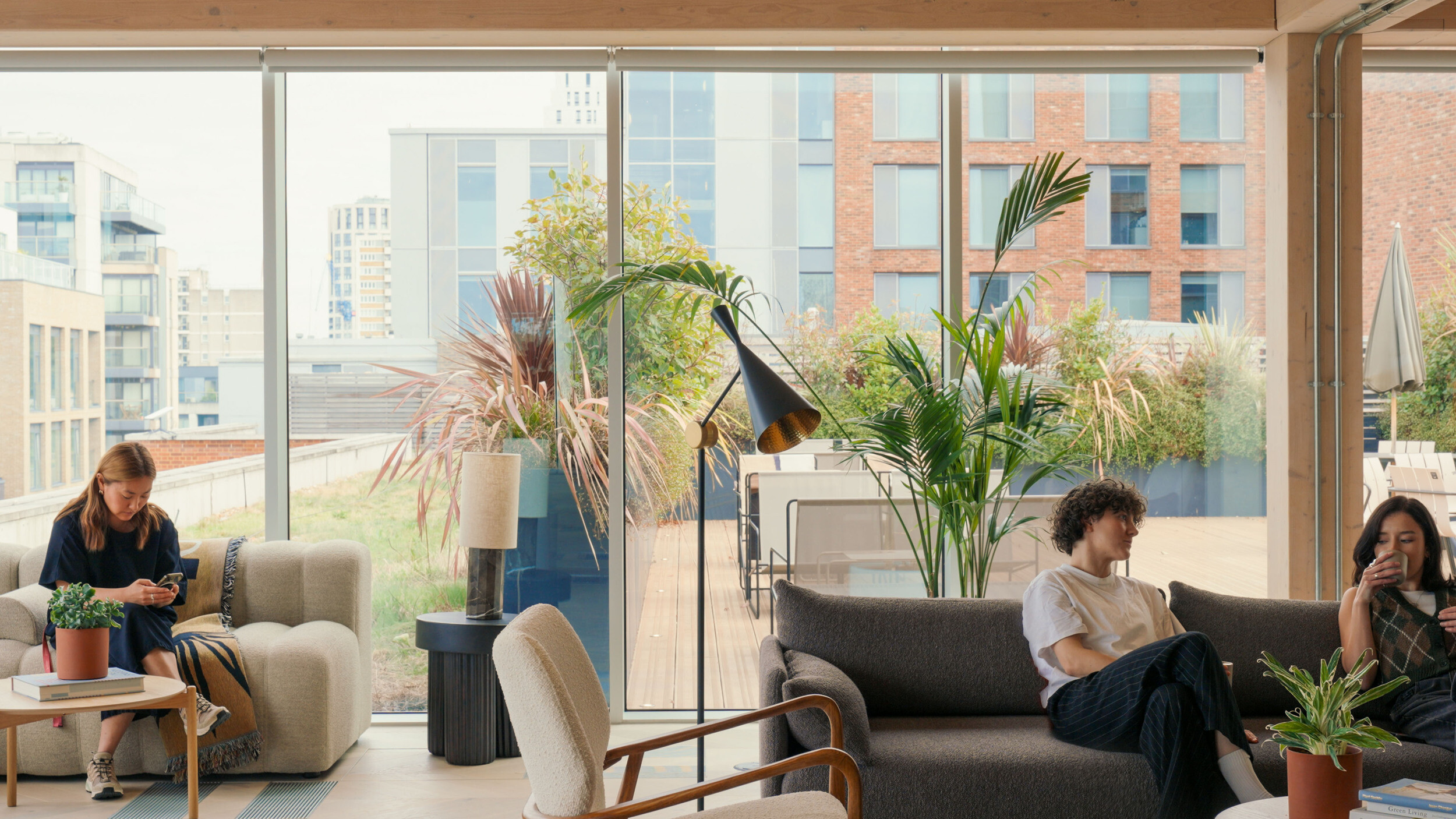
Responsible Sourcing and Transparent Supply Chains
Governance in ESG relates to the ethical management of supply chains and business operations. When selecting office furniture, it’s important to consider where the products come from and how they are made. Partnering with suppliers who follow responsible sourcing practices, such as our supplier, Icons of Denmark, which uses certified sustainable materials and adheres to fair labour practices, ensures that furniture procurement aligns with ethical standards.
Businesses should pick furniture suppliers who provide transparent information on the environmental impact and social practices behind their products. This approach supports governance targets and builds trust with employees and clients who are increasingly concerned about sustainability and ethical sourcing.
Flokk’s RH Logic 220 chair is proof that governance in ESG isn’t just about board-level decisions, it’s also about transparency, traceability, and ethical sourcing at the product level. The chair is made from 88% recycled plastic, and nearly all of its aluminium parts are recycled too, which means the environmental impact of each unit is significantly lower than many comparable chairs.
More importantly, Flokk is open about where its materials come from. Almost half are sourced locally in Scandinavia, and the rest from within Europe, helping ensure fair labour conditions, lower transport emissions, and a tighter grip on environmental standards. For businesses serious about ethical procurement, this level of supply chain visibility is a huge step in the right direction.

Integrating Technology for Smarter Sustainability
Smart furniture, like desks and tables with built-in sensors, connectivity, and energy-saving features, is becoming a quiet game-changer in how we design sustainable offices. In 2023, the UK market for these products was worth around $157.2 million, and it’s projected to rise to $186.9 million by 2030.
As more companies invest in tech-led workplace strategies, smart furniture is becoming a useful tool in shaping ESG goals. These pieces work in sync with broader smart systems, helping teams monitor how space is used, cut down on energy waste, and run offices more efficiently. As more companies look to lower their carbon footprint, smart furniture is helping them get there, one sensor-equipped desk at a time.
Furniture as a Pillar of ESG Strategy
Furniture is more than a functional necessity in the workplace, it is a strategic tool for advancing ESG goals. Choosing sustainable materials, promoting inclusivity, ensuring responsible sourcing, and integrating smart technology can enhance the office design to reflect the commitment to environmental, social, and governance values. As ESG considerations continue to shape the business landscape, investing in the right furniture solutions will be a key step towards a more sustainable and ethical future.

